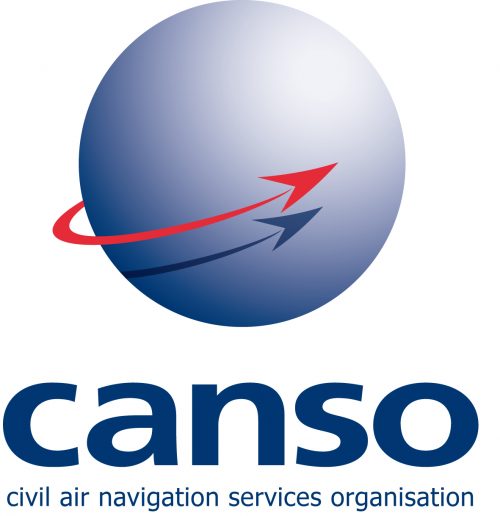The Civil Air Navigation Services Organisation
| Company | CANSO |
|---|---|
| Date | 06.04.2011 |
CANSO’s Environment Workgroup has outlined key opportunities for improving fuel efficiency and noise management at a special meeting with aviation experts in Seattle from 29 March to 1 April.
The meeting, which was held at Boeing's Longacres training and simulation facility, attracted more than 40 aviation operations and environment experts from air navigation services providers, airports, airlines, and industry organisations*.
Over the past two years, CANSO’s Environment Workgroup has established a common approach for collecting data and assessing environmental performance across each phase of flight (taxi, climb, en route cruise, and descent). For airborne phases this includes an assessment of fuel efficiency associated with vertical and horizontal performance. This data has identified common challenges facing ANSPs around the world, and supports benchmarking of best practices for improving fuel efficiency.
The group exposed data on the benefits of reducing speed enroute to absorb necessary delay during periods of terminal area congestion. Best practice indicates managing speed control by engaging pilots with controlled times of arrival will utilise the current aircraft ability to minimise fuel. The group also supported the continued need for Optimised Profile Descent (OPD) or Continuous Descent Approaches (CDAs) in non-busy periods.
CANSO Environment Programme Manager Tim Rees said: “competitive pressures in the current system encourage flights to rush to their destination – burning extra fuel along the way – only to absorb delay inefficiently through vectors and holding in the terminal area. Worldwide experience indicates that increasing collaboration and allowing pilots to adjust speed to meet an arrival window outside the terminal area will produce more efficient outcomes.”
The meeting then focused on the management of noise in the terminal area, and the challenges on improving environmental performance. For many ANSPs, the effective use of Required Navigation Performance (RNP) technologies and procedures can reduce overall noise and improve emissions. However, worldwide experience shows that the re-distribution of noise and its impact on communities is a major challenge for ANSPs and needs to be better understood.
White Papers outlining a strategic approach to improving ATM system efficiency, as well as best practices in the management of noise will be presented at the Workgroup’s next meeting, hosted by Hungarocontrol in Budapest, Hungary in September 2011.
In his concluding remarks, CANSO Director General said: “Reducing aviation’s effect on the environment is a clear goal for CANSO Members, so it is with great pleasure that today we bring together the world’s leading aviation experts to work together to drive the agenda for change. I would also like to thank Boeing for hosting this important meeting and for showing us such gracious hospitality.”
Contact
CANSO Global Head Office
Transpolis Schiphol Airport
Polaris Avenue 85e
2132 JH Hoofddorp
Netherlands
- +31 (0)23 568 5380

